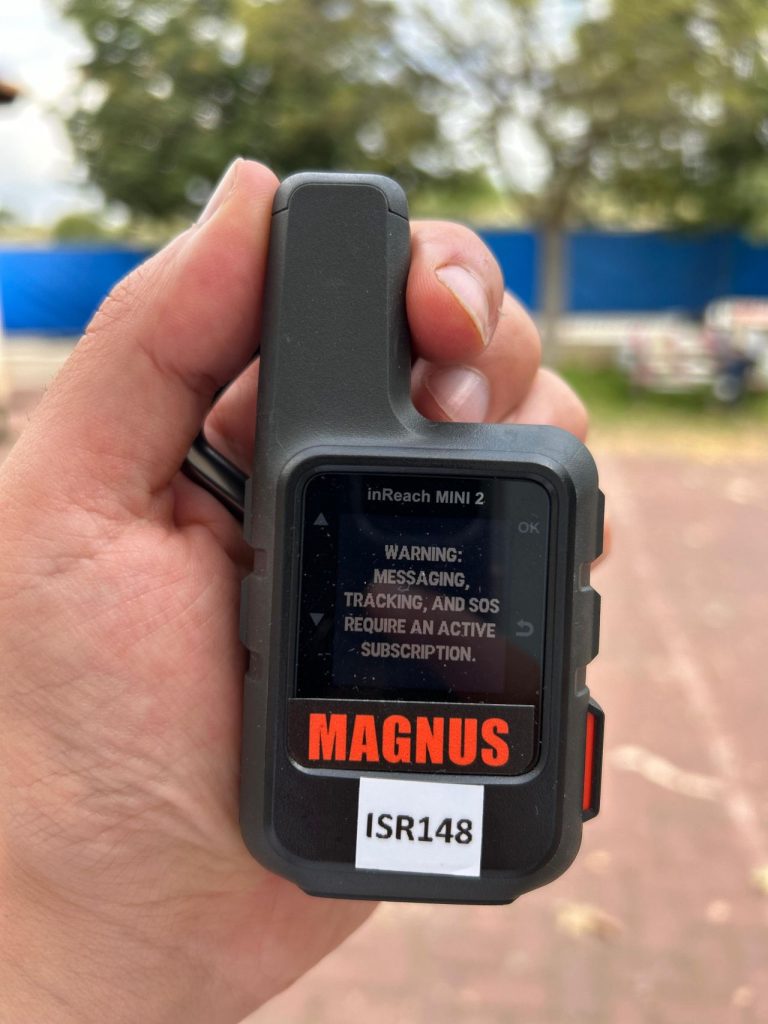International travel is a regular part of business today – whether it’s executives attending conferences, field staff supporting operations, or humanitarian teams working in high-risk regions. But with this growing mobility comes a rising set of challenges. From political instability to health emergencies and sudden infrastructure breakdowns, even a well-planned trip can quickly spiral into a crisis.
That’s why vacation safety isn’t just a matter of individual awareness – it’s a shared responsibility. For organizations, ensuring personal safety while traveling means having the right systems, training, and protocols in place to protect employees wherever they go. It’s not about controlling every variable – it’s about preparing for them. And in today’s world, preparation is everything.
Why travel safety matters now more than ever
It’s easy to think travel disruptions only happen in exotic, turbulent places. But the truth is, disruptions can happen anytime, anywhere. Travelers have gotten stuck in airports during forest fires, CEOs have been stranded during demonstrations, which have shut down entire cities, and field crews have been interrupted by unforeseen illness outbreaks or equipment failures in remote places. These aren’t uncommon events – they’re becoming a part of today’s business travel reality.
A routine trip may quickly get complicated: arriving in a foreign country to find your transit flight is grounded, local protests have sealed the roads, or the taxi you pre-booked is a hoax. These are reminders that safe travel abroad isn’t merely about destinations – but preparation. Staying on one’s toes and up to date is part of the package, but today’s traveler needs supporting infrastructure to step in when things have gone wrong. To do this, organisations look to the kind of partner like MAGNUS to keep their people safe, their operation uninterrupted, and their decision-makers informed when it matters.
What to do when a crisis happens abroad
Despite careful planning, situations may go wrong while traveling. Being aware of what to do in a crisis will keep you safe and get control quickly back in your hands:
Crises abroad can unfold quickly, whether it’s a medical emergency, a lost passport, a natural disaster, or political instability. In all cases, employees should follow established safety protocols: seek immediate medical care through pre-identified facilities, report incidents to local authorities, and rely on the organization’s designated crisis support partner for guidance. Evacuating to safe zones, avoiding volatile areas, and staying informed through official channels are essential actions that protect both the individual and the mission. Preparation, communication, and knowing when – and how – to escalate the situation are critical to maintaining control and safety during unpredictable events.
Being able to connect with real-time traveler crisis support, can be the factor between safety and disaster for both the employee and the organization. Services like these connect you with professional experts who can assist in real-time: arranging transport, finding medical aid or offering step-by-step instructions in crisis situations. For businesses, it also means maintaining control, visibility, and operational continuity even when unexpected disruptions occur abroad.
Building safety skills before you go
Staying safe while traveling isn’t just about reacting well – it’s about preparing well. One of the most effective ways organizations can prepare their teams is by providing situation awareness training before departure. What this means is learning your environment, identify warning signs, and act in response before things get out of control.
Employees don’t need to be security experts, just equipped with the right tools and guidance. Simple actions can go a long way:
- Research local customs and cultural norms to prevent misunderstandings or unintentional offense.
- You should save emergency numbers for the police, ambulance, and your native country’s embassy in your phone (and in writing).
- Familiarize yourself with the location of the closest hospital or safe area in case of an emergency.
- Be conscious of your surroundings and the situation: go with your gut if things seem off and don’t ignore red flags.
Once you have an idea of what to anticipate and how to react, there’s a less likelihood of panicking and a greater chance of exercising good judgment and remaining level headed. Situational awareness isn’t about being fearful – it’s about being prepared. MAGNUS works with organizations to provide pre-trip briefings, risk assessments, and traveler guidance tailored to each destination and role.
Everyday tips for personal safety while traveling
Being safe on the road needn’t be complicated. The smallest habits can have the greatest impact. Establishing a few simple routines can work wonders in ensuring your safety while traveling:
- Ensure a daily check-in routine is in place with your organization’s security lead or travel coordinator. This keeps both sides informed and ready to respond if contact is lost.
- Use trip-tracking or geo-fencing tools approved by your organization to maintain real-time visibility of employee movements during travel.
- Make sure every traveler knows the organization’s emergency escalation plan – who to contact, how to escalate a risk, and what steps to follow.
- Confirm that employees are equipped with an off-grid communication method, such as a satellite device, in case traditional networks fail.
The goal isn’t to travel in fear, but to stay alert without being anxious. Building good safety habits into your daily routine helps you enjoy your trip with greater peace of mind.
Travel safe
Organizational confidence comes from having the right systems, partners, and protocols in place – whether deploying employees for short trips or extended field assignments. From being mindful of where you are to being prepared for an emergency – these small steps shield not just you but also the people who care about you.
Employee safety should be a priority for every organization with staff operating abroad. MAGNUS partners with organizations to deliver tailored travel safety solutions – backed by 30 years of field experience, a global asset network, and 24/7 operational capacity in any environment, urban or remote. Because the best way to protect your people, and your mission, is knowing someone’s already solving the problem before it escalates.
